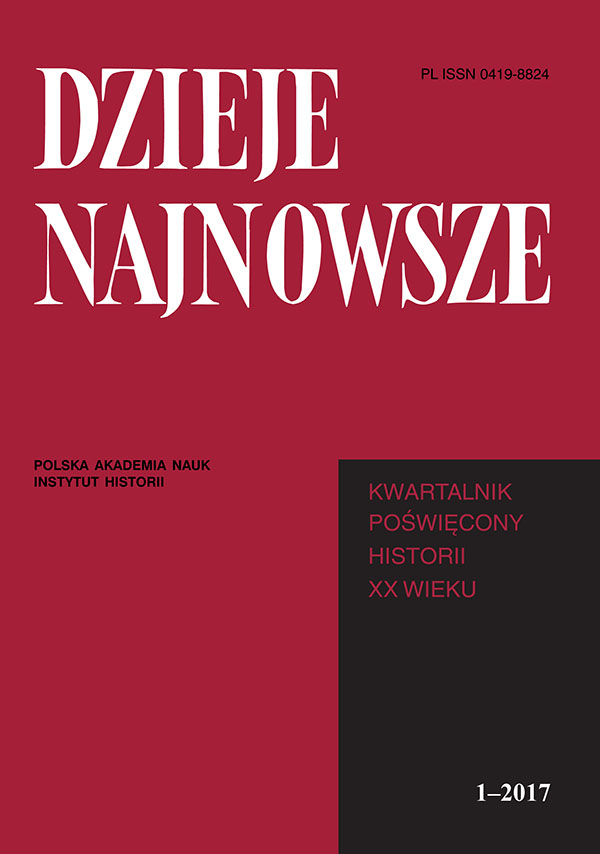
We kindly inform you that, as long as the subject affiliation of our 300.000+ articles is in progress, you might get unsufficient or no results on your third level or second level search. In this case, please broaden your search criteria.




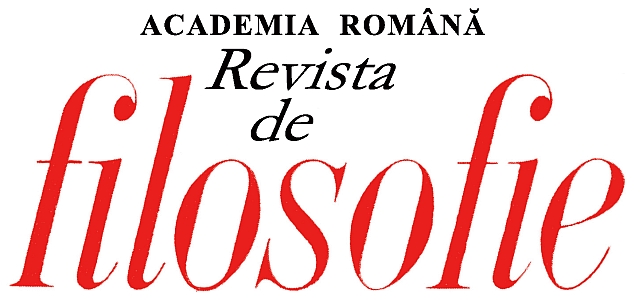
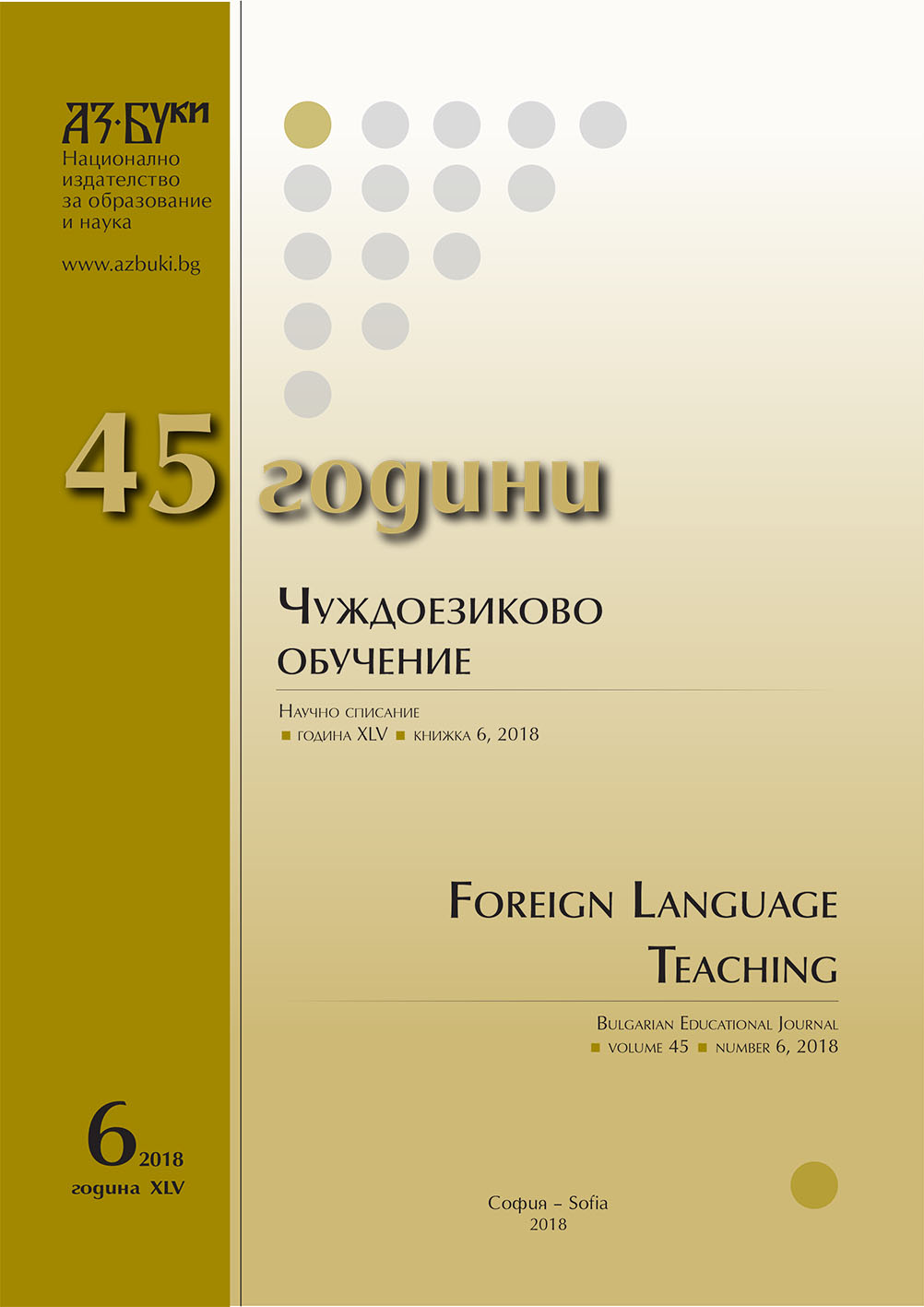

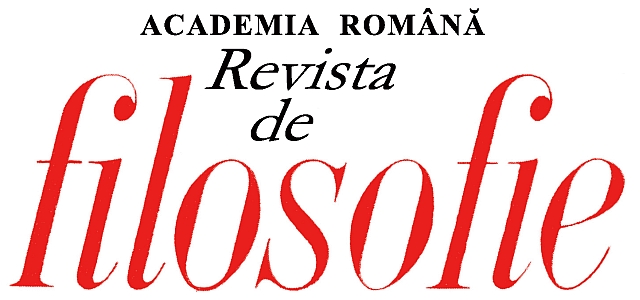
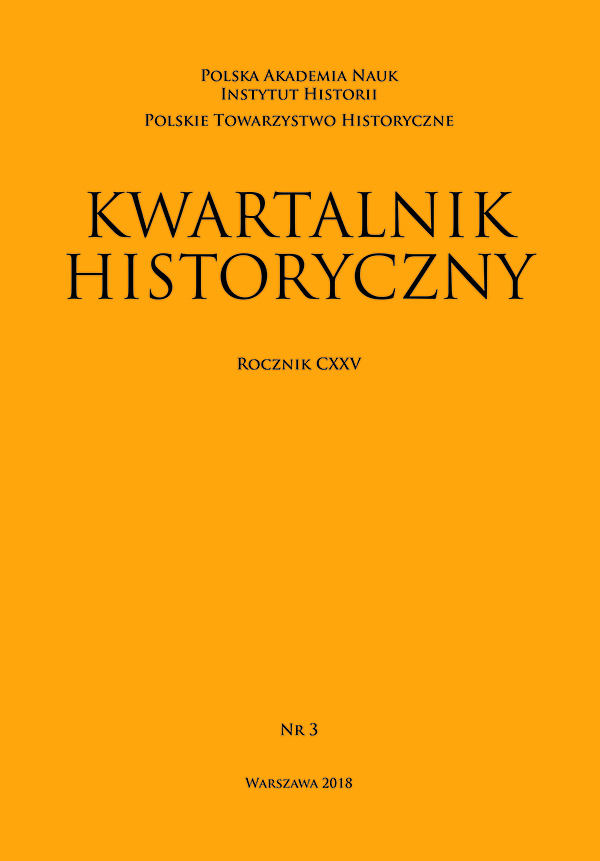
Chris Wickham has undertaken a discussion about one of the most important problems of Italian medieval studies: the emergence of communes in Italian cities. The article presents Wickham’s theses, characterizes his instrumentarium, and places his study against the background of other works on the same subject published in last decades.
More...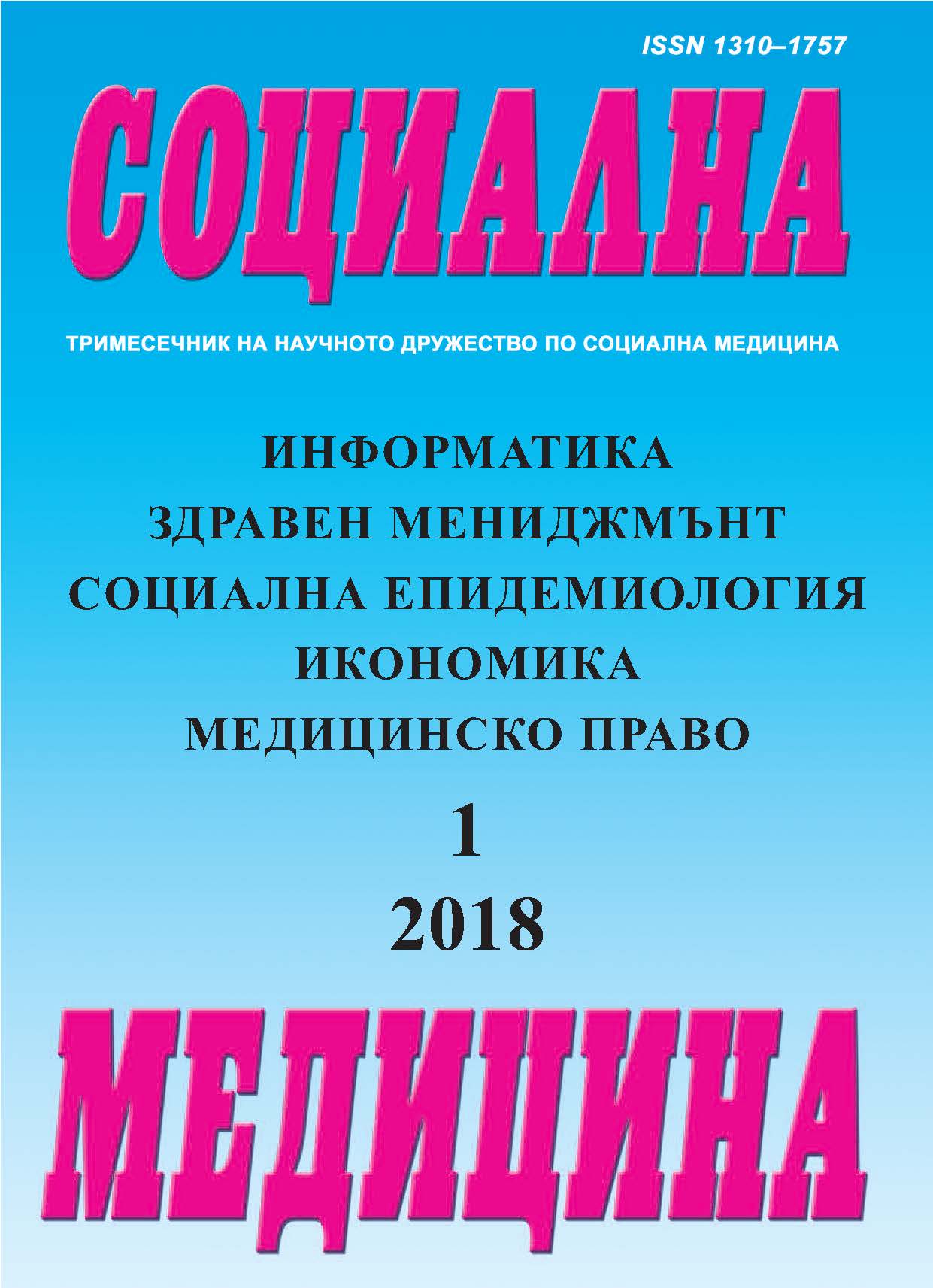

The article discusses the book by Andrzej Pleszczyński on the image of Poland and its people presented not only in historiography, but also in all written and iconographic materials produced in Germany between the second half of the tenth century and 1370. The article’s author pays attention to the discursive character of Pleszczyński’s assumption about the existence of two organized and cohesive nations in the analysed period – the German and the Polish one. He emphasizes that some of the texts could have been written as expression of the regional identity.
More...
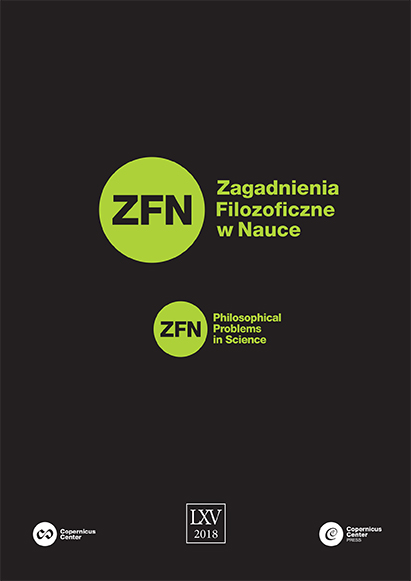
The aim of the presented article is to provide an in-depth analysis of the adequacy of designating Penrose as a complex Pythagorean in view of his much more common designation as a Platonist. Firstly, the original doctrine of the Pythagoreans will be briefly surveyed with the special emphasis on the relation between the doctrine of this school and the teachings of the late Platonic School as well as its further modifications. These modifications serve as the prototype of the contemporary claims of the mathematicity of the Universe. Secondly, two lines of Penrose’s arguments in support of his unique position on the ontology of the mathematical structures will be presented: (1) their existence independent of the physical world in the atemporal Platonic realm of pure mathematics and (2) the mathematical structures as the patterns governing the workings of the physical Universe. In the third step, a separate line of arguments will be surveyed that Penrose advances in support of the thesis that the complex numbers seem to suit these patterns with exceptional adequacy. Finally, the appropriateness of designation Penrose as a complex Pythagorean will be assessed with the special emphasis on the suddle threshold between his unique position and that of the adherents of the mathematicity of the Universe.
More...
I show how classical and quantum physics approach the problem of randomness and probability. Contrary to popular opinions, neither we can prove that classical mechanics is a deterministic theory, nor that quantum mechanics is a nondeterministic one. In other words it is not possible to show that randomness in classical mechanics has a purely epistemic character and that of quantum mechanics an ontic one. Nevertheless, recent developments of quantum theory and increasing experimental possibilities to check its predictions call for returning to the problem of comparing possibilities given by classical and quantum physics to accommodate and prove the existence of a `genuine randomness'. Recent results concerning `amplification of randomness' show that, in certain sense, quantum physics is in fact ‘more random’ that classical and outperforms it in producing a `truly random process'.
More...
Recenzja książki: Bernd Heinrich, Umysł kruka. Badania i przygody w świecie wilczych ptaków, tł. M. Szczubiałka, Wydawnictwo Czarne, Wołowiec, 2018, ss. 504.
More...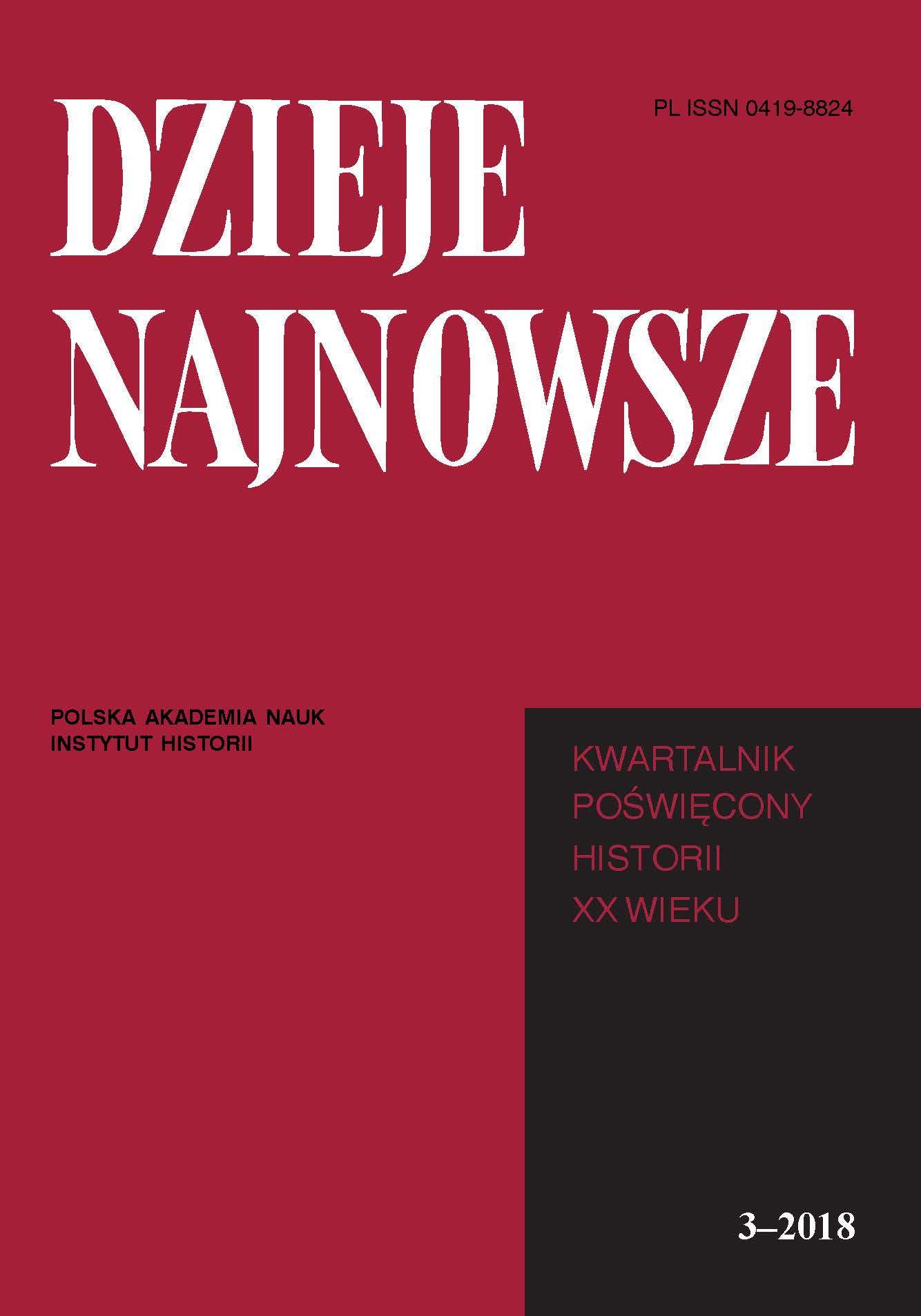
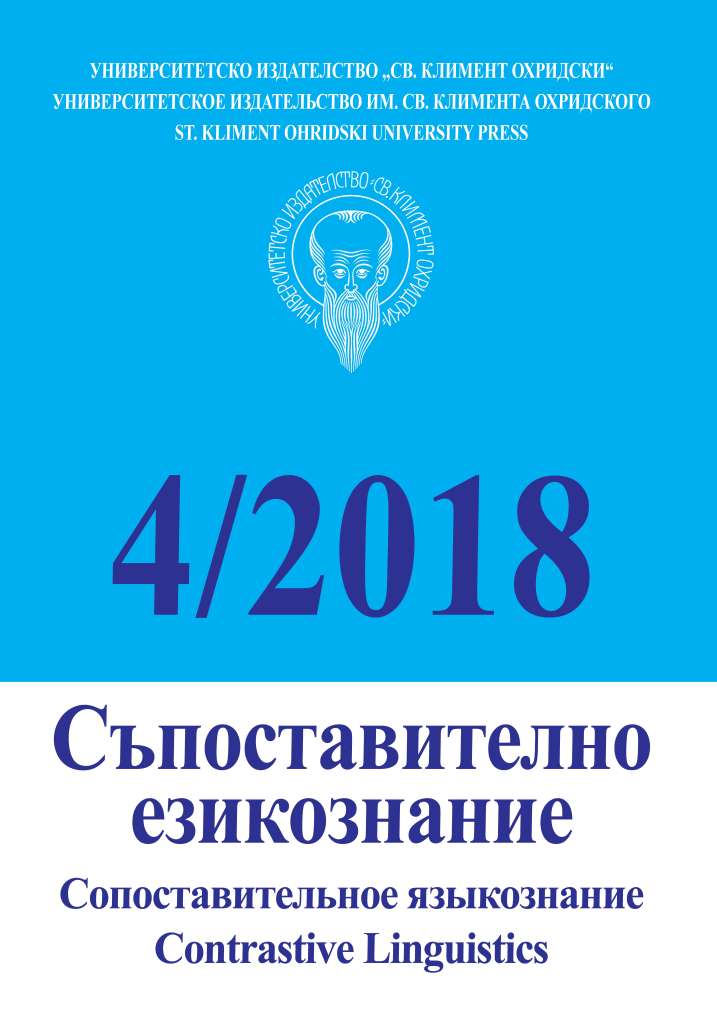


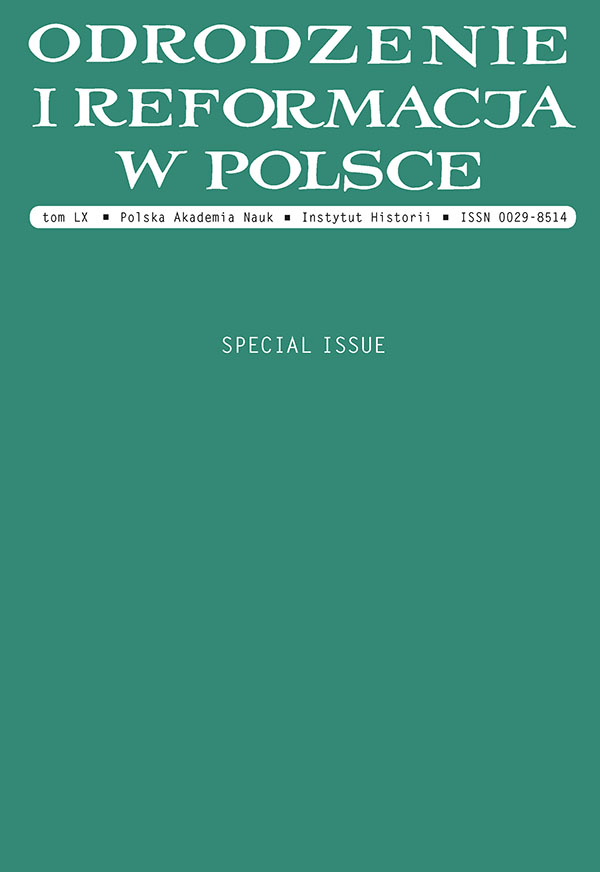
The early modern age dubbed itself a “new” era, distinguishing itself, in Christoph Cellarius’ description, from the middle age and antiquity. This novitas was marked by cultural, social, religious, and political changes, not always positively evaluated by their contemporaries. With the onset of mental changes at the turn of the nineteenth and twentieth centuries, the early modern era became a historical period preceding and preparing the coming of modernity.
More...